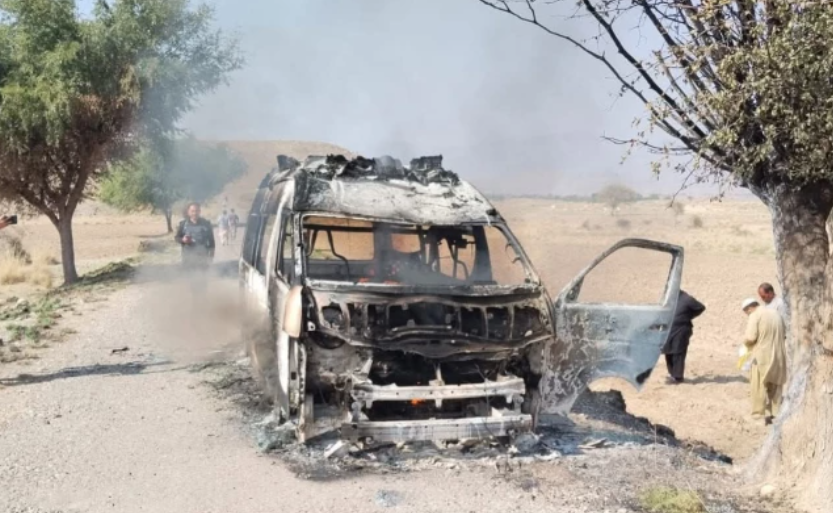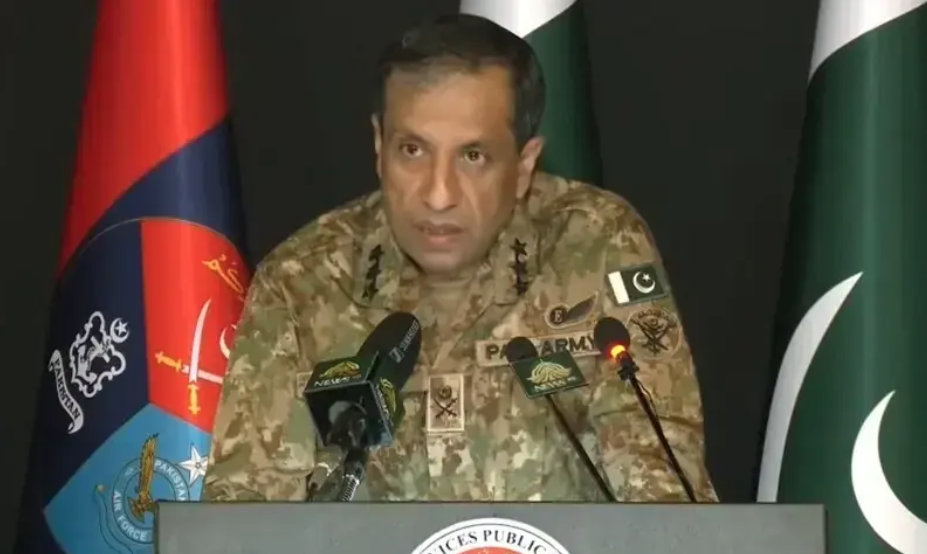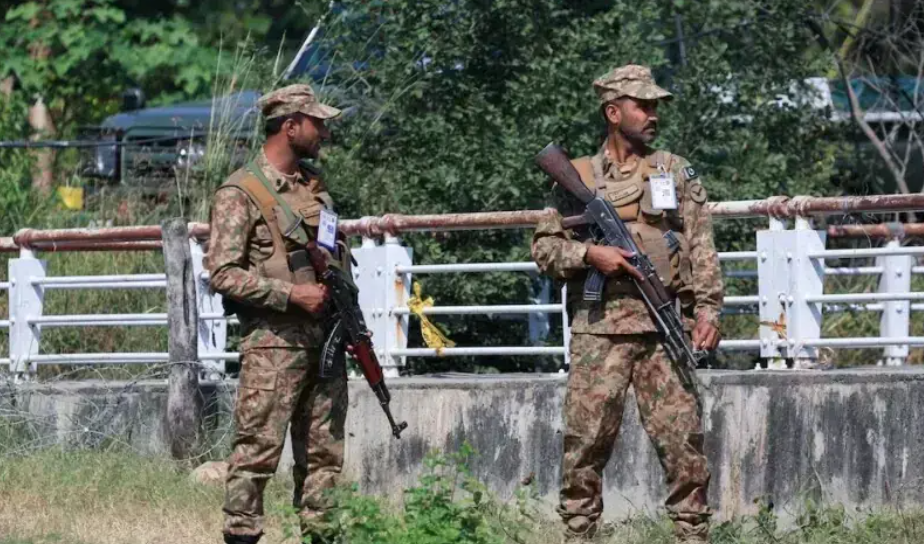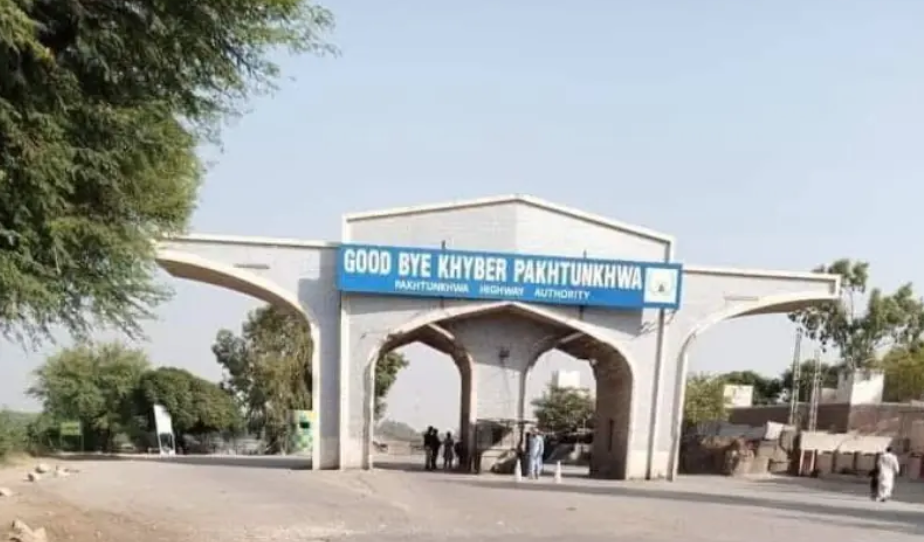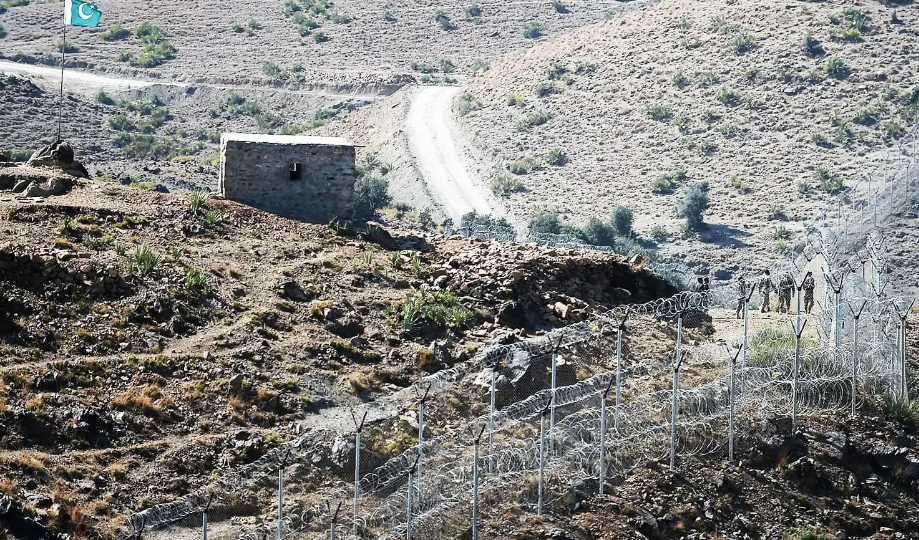MILITARY
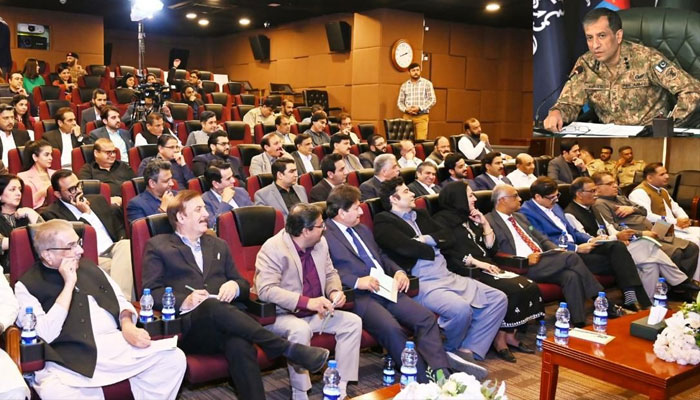
Director-General Inter-Services Public Relations (ISPR) Lieutenant General Ahmed Sharif Chaudhry on Monday dismissed Afghanistan’s preconditions for dialogue, asserting that Pakistan’s only priority is the complete elimination of terrorism.
Speaking to senior journalists in a closed-door briefing, the military spokesperson said, “The conditions set by Afghanistan hold no significance. The important thing is the eradication of terrorism.”
He reaffirmed that the guarantors of Pakistan’s security are its own armed forces, not Afghanistan. “Pakistan never celebrated the arrival of the Taliban,” he clarified.
Lt Gen Chaudhry’s statement comes amid a fragile ceasefire between Pakistan and Afghanistan, agreed upon on October 19 in Doha after high-level negotiations. The second round of talks was held in Istanbul on October 25, with Pakistan seeking a clear mechanism to ensure Afghan Taliban control over cross-border terrorism.
“Terrorists Must Be Handed Over”
The DG ISPR said operations against banned militant outfits — including the Tehreek-e-Taliban Pakistan (TTP) and Balochistan Liberation Army (BLA) — continue nationwide, with 1,667 terrorists killed in various operations.
“In Istanbul, the Afghan Taliban were clearly told they must control terrorism. How they do it is their concern,” he said. “We carried out a counterterrorism operation, and the terrorists fled to Afghanistan. Hand them over — we’ll deal with them according to the law and the Constitution. There will be no talks with terrorists.”
Lt Gen Chaudhry confirmed that Pakistan had given a “befitting response” to the Afghan Taliban, achieving the desired results.
Nexus Between Crime and Terror
He highlighted a dangerous nexus between criminal syndicates and terrorist groups, explaining how opium cultivation funds militancy. “Through opium, terrorists earn between Rs1.8 to Rs2.5 million per acre. Warlords and locals all participate in this network,” he added.
He further accused Afghan drug smugglers of interfering in Afghanistan’s internal politics and confirmed ongoing drug smuggling into Pakistan and beyond.
Evidence of Afghan Taliban Involvement
Senior journalist Hamid Mir, who attended the briefing, told Geo News that journalists were shown evidence linking Afghan Taliban soldiers to terrorism in Pakistan. “The same evidence shared with the Afghan Taliban in Doha was presented to us — including Afghan and Afghan Army ID cards found with the terrorists,” Mir said.
Border Tensions and Diplomatic Efforts
Tensions between Pakistan and Afghanistan have escalated in recent weeks, marked by cross-border attacks and mutual accusations. The violence began on October 11 when militants launched an attack from Afghan territory following claims of Pakistani airstrikes — allegations Islamabad has neither confirmed nor denied.
Pakistan maintains that the Taliban must prevent terror groups from using Afghan soil against its neighbor. The Taliban, however, continue to deny providing sanctuary to such elements.
In response to recent attacks, Pakistan targeted militant hideouts, including those belonging to the Gul Bahadur group, across the border. The situation eventually led both sides to the negotiation table in Doha, where they agreed to a temporary ceasefire with Türkiye and Qatar acting as facilitators.
Both nations have since pledged to work toward a lasting peace framework in Istanbul.
Lt Gen Chaudhry’s statement underscores Pakistan’s firm stance that no political or diplomatic precondition can substitute for decisive action against terrorism — a message directed squarely at Kabul.
